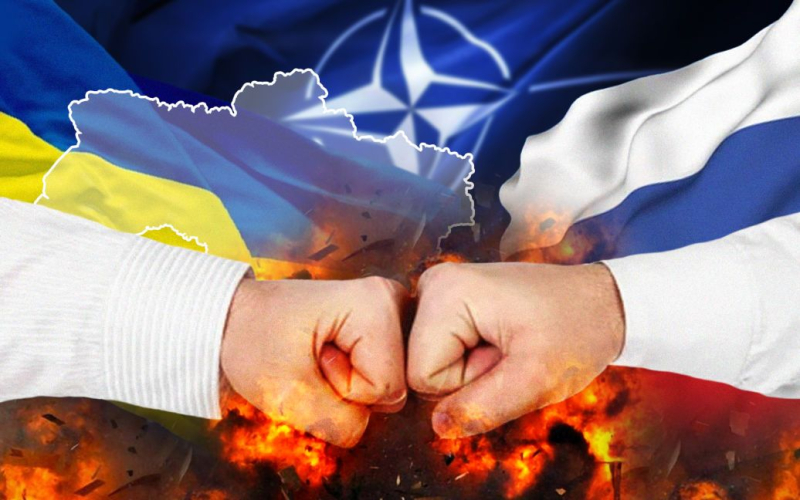
Moscow has stepped up operations to destabilize the Baltic Sea region.
Sending groups of migrants to storm borders, jamming GPS signals, recruiting criminals for minor sabotage – with such actions, Russia is creating tension on NATO's eastern border. The Baltic region has become a “second front” in Moscow's conflict with the West.
This is discussed in a Bloomberg publication.
Operations to destabilize the Baltic Sea region are mostly not up to the level of classic attacks that could provoke a collective NATO response. But they have become more frequent after Russia launched a full-scale war against Ukraine.
“Russia is now fighting two wars. One is a kinetic, conventional war in Ukraine. The other is a hybrid war in Europe and the West with the goal of influencing the tone of public discourse or somehow shaking our sense of security,” the publication quotes the President of Finland Alexandra Stubba at the foreign policy forum in Helsinki, held on June 14.
In the last few months alone, the airspace of Finland and Sweden have been repeatedly disrupted by Russian aircraft, several commercial aircraft have been unable to land at small airports due to interference caused by GPS jamming, and Poland detained Russian agents for possible sabotage actions.
Russia is also sending migrants into border areas to put pressure on border controls and potentially fuel public discontent.
In Finland, Latvia and Polandbarriers are being erected to stop the flow of migrants, and Lithuania has completed construction of a 500-kilometer fence on the border with Belarus. Warsaw alone plans to invest about $2.5 billion in border fortification, which will protect the country from both conventional tank invasion and cyber warfare.
According to Western intelligence services, Moscow is waging war in the information space, portraying the Baltic countries as warmongers and “Russophobes”, and has also recruited trolls and an army of bots to send spam on social networks with harmful content. Previously, speech errors in disinformation texts made them relatively easy to identify; the use of artificial intelligence complicates the problem.
The Kremlin has tried to recruit Russian-speaking minorities in Estonia and Latvia, to sow internal discord, mostly without success. In Poland the focus was on stirring up tensions between the locals and the large number of Ukrainians seeking refuge from the war.
The large-scale expulsion of Russian intelligence agents from across the region is hampering the Kremlin's ability to launch hybrid attacks, but officials admit they are typically one step behind what Moscow comes up with.
“There is no front line in this. All of Europe is now in a state of war,” the publication quotes the statement of Finnish Foreign Minister Elina Valtonen.
Recall that six NATO countries neighboring Russia have agreed to build a “wall of drones” to protect their borders from threats and provocations.
Related topics:
More news

